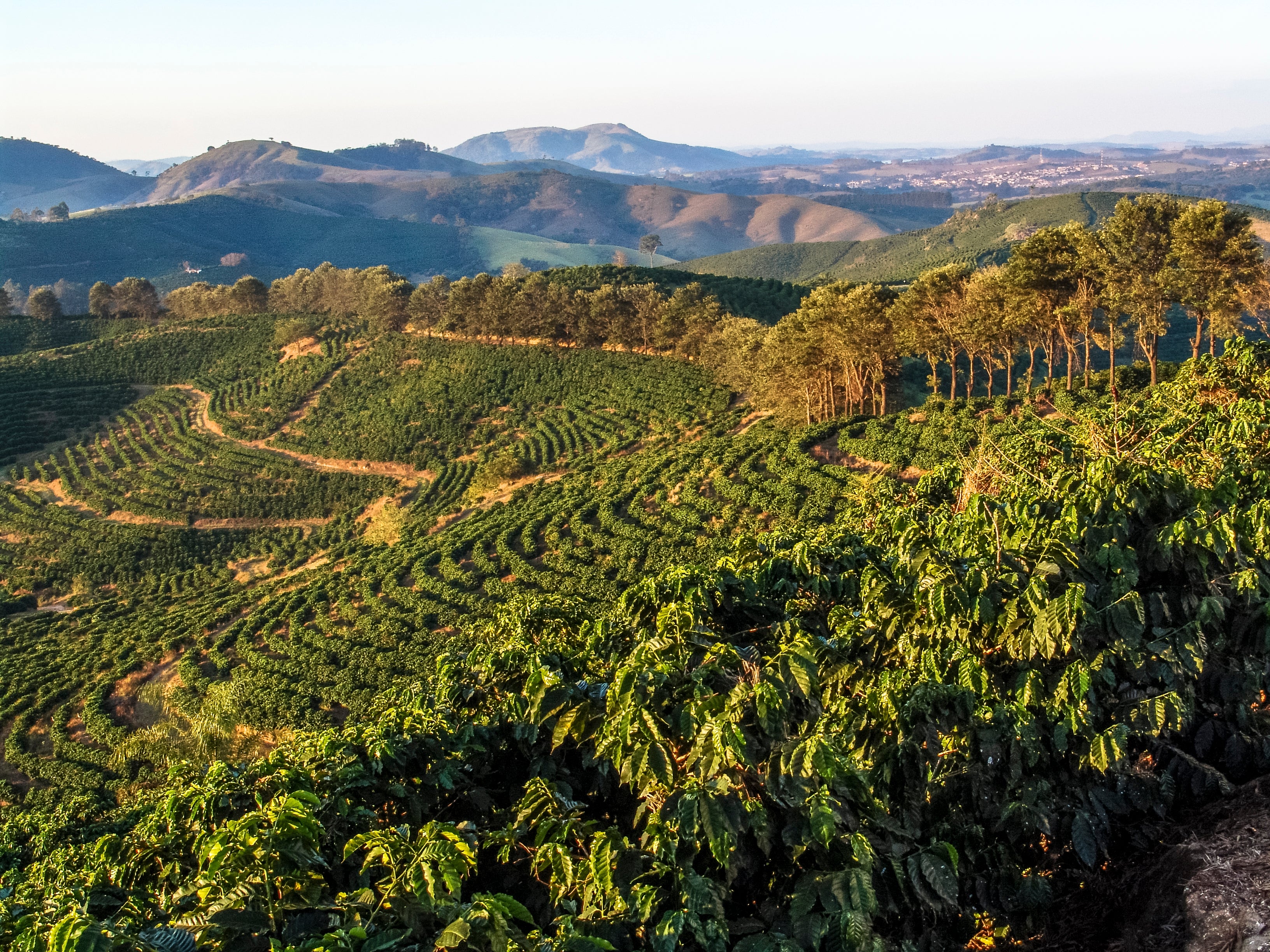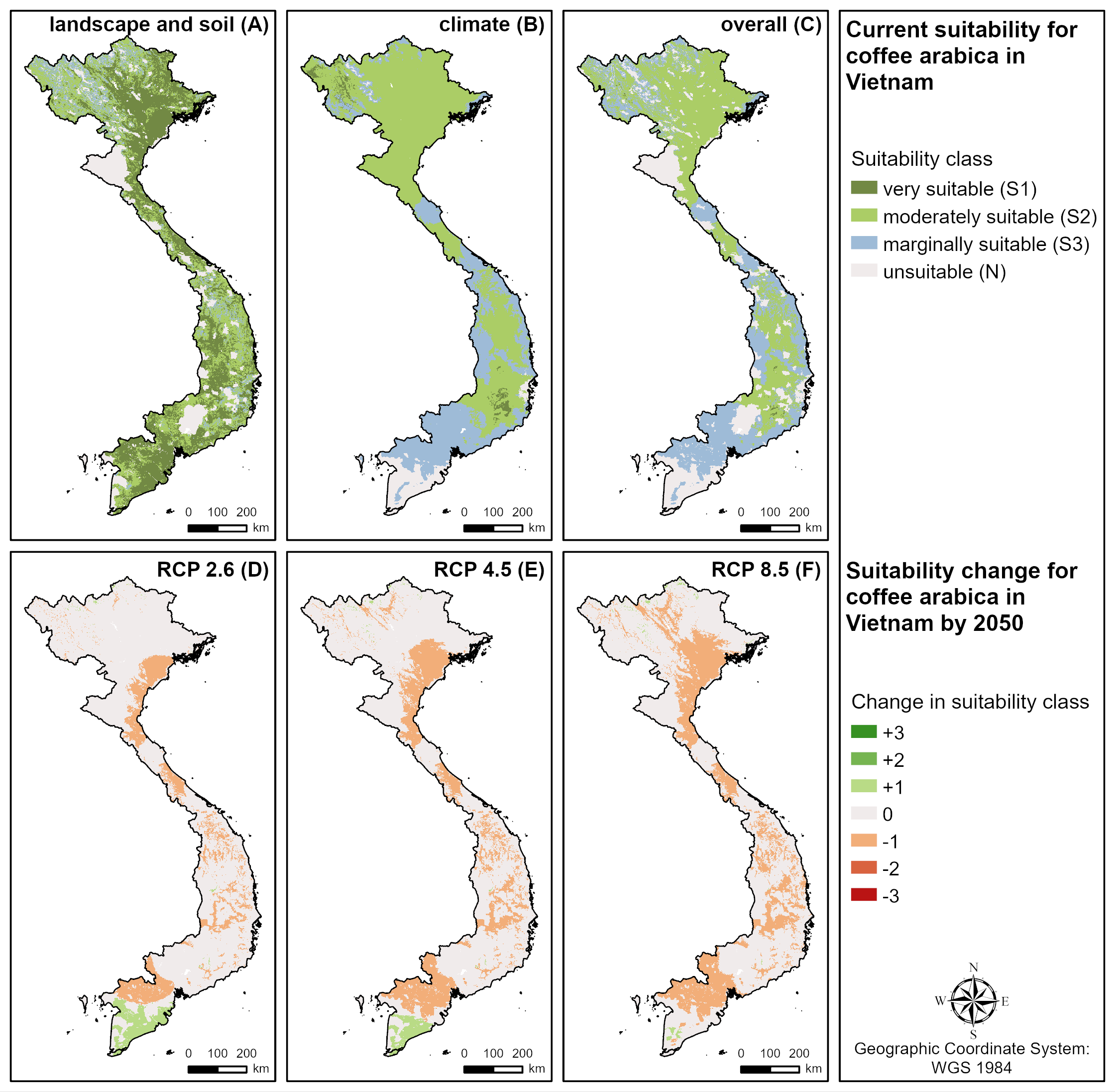Coffee, cashew and avocado-growing regions to shift as planet warms
Coffee is among the most susceptible plants to the climate crisis, and may soon need to be grown at higher altitudes and latitudes, researchers say

Your support helps us to tell the story
From reproductive rights to climate change to Big Tech, The Independent is on the ground when the story is developing. Whether it's investigating the financials of Elon Musk's pro-Trump PAC or producing our latest documentary, 'The A Word', which shines a light on the American women fighting for reproductive rights, we know how important it is to parse out the facts from the messaging.
At such a critical moment in US history, we need reporters on the ground. Your donation allows us to keep sending journalists to speak to both sides of the story.
The Independent is trusted by Americans across the entire political spectrum. And unlike many other quality news outlets, we choose not to lock Americans out of our reporting and analysis with paywalls. We believe quality journalism should be available to everyone, paid for by those who can afford it.
Your support makes all the difference.Crops such as coffee, cashew and avocado are among the world’s most important cash crops – those grown for their commercial value rather than for direct use by the grower.
Plantations can range from enormous operations to smallholdings and contribute significantly to the livelihoods of farmers, including in many developing countries.
However, new research warns that the regions most suitable for growing these crops could fundamentally change as the Earth warms due to the climate crisis.
Scientists at the Zurich University of Applied Sciences in Switzerland said that existing research has already suggested that the climate crisis will reduce suitability for growing coffee arabica – the dominant coffee species – in most regions where it is currently grown, but they said no studies have yet addressed how changes to the climate will impact avocado and cashew suitability at a global scale.
The new research could be critical to some economies and to livelihoods as these crops can live for decades and may take many years of cultivation to attain an economically viable yield.
For example, it can take at least eight years to grow an avocado tree which bears fruit, and up to 20 years in cooler climates.
In order to examine how the climate and the growing conditions for these crops could change over the next 30 years, the researchers combined climate projections with factors affecting soil to computationally model and predict how suitable different regions worldwide will be for growing coffee, cashews, and avocados in 2050.
They used projections from 14 global climate models under three different future emission scenarios and incorporated land and soil requirements for the crops, such as pH, texture, and slope.
The team found that some regions will become more suitable for growing and other less suitable, depending on the crop.
Coffee is the most susceptible of the three, with predicted declines in suitability in all major producing regions, including Brazil, Vietnam, Indonesia, and Colombia.

Brazil alone produces around 40 per cent of the world’s coffee supply.
For cashews, highly suitable regions are predicted to decrease in some major producing countries, including in India, Ivory Coast and Benin.
Suitable areas for avocados will also decline for some major producers, such as the Dominican Republic, Peru, and Indonesia.
However, areas suitable for all three crops may expand at higher altitudes and latitudes, especially for cashews and avocados, the authors said.
Areas with greater future suitability are located in regions such as the United States, Argentina, China, and East Africa.
The research team said their findings show “that climate change adaptation will be necessary in most major producing regions of all three crops”.
“Adaptation measures can include site-specific management options, plant breeding efforts for varieties that are better adapted to higher temperatures or drought, and in the case of coffee, replacement of arabica coffee with robusta coffee in certain regions,” they said.
They also suggested that new production locations “at higher altitudes and latitudes might create new market opportunities”, but warned there could be a heavy environmental toll if such a shift was not carefully managed.
They said: “Policies and strategies are required to ensure that shifts in production locations will not lead to negative environmental impacts such as deforestation, loss of biodiversity, or ecosystem services.”
The research is published in the open access journal Plos One.
Join our commenting forum
Join thought-provoking conversations, follow other Independent readers and see their replies
Comments